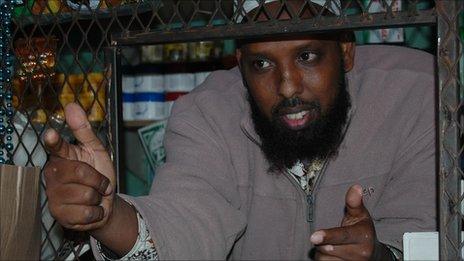South Africa violence should not overshadow migration debate
- Published
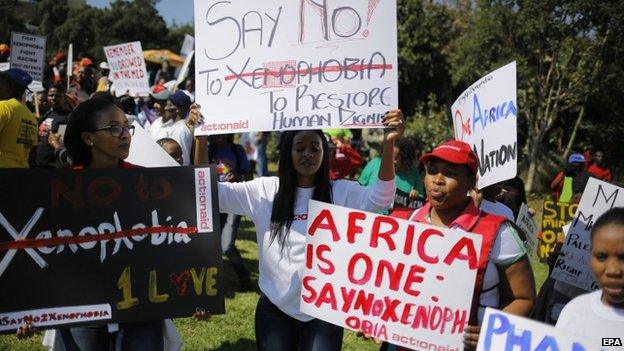
South Africans turned out in their thousands to rally against xenophobia
The wave of xenophobic attacks seems to have died down for now but the issue of immigration remains controversial.
South Africans have turned out in their thousands to rally against the violence and the attacks have been condemned at all levels.
But there is a growing of number people who want the spotlight to be on concerns about immigration and the pressure it puts on some groups here.
Some say these concerns should be taken seriously, rather than dismissed as mindless thuggery.
And South Africa is not the only country where migration has become a sensitive issue.
We see it in Italy as boats packed with migrants arrive daily on their shores.
In the US, migration from Latin America has been at the centre of some of the most acrimonious debates between President Barack Obama and Congress.
While in the United Kingdom, immigration has been a hot topic in the election campaign. And in France the right-wing National Front is getting a lot of support based on its anti-immigration stance.
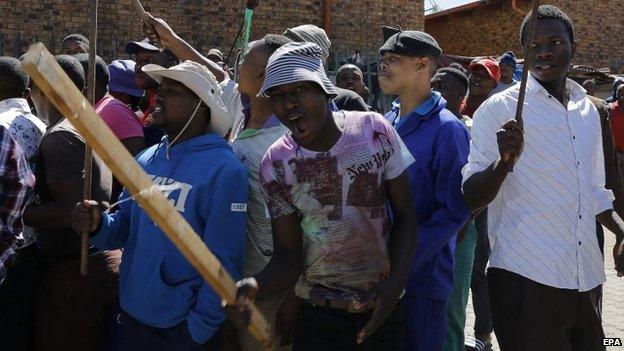
Some South African workers have complained that they are being undercut by foreign workers
The only curious question is why there has not been the emergence of an anti-immigration party here.
Perhaps it is because South Africans are still preoccupied by uniting a divided country than to systematically unite against others?
What attracts fellow Africans here is not the infrastructure created by apartheid South Africa, but the post-apartheid economic policy that has increased the size of the economy.
It is also a vote for political freedoms protected by one of the most liberal constitutions in the world.
South Africa is home to millions of migrants, some estimates put the figure at more than four million.
With the best of intentions, South Africa's sophisticated but sluggish economy finds it hard to cope with the huge numbers of economic migrants alongside its own struggling population.
Black South Africans feel that they got a raw deal twice over.
First, they fought for equal pay with their white counterparts. Apartheid ended and, just as they were about to earn the same salary for the same job, then came their distant cousins who readily accepted lower wages which undercut them.
According to a study by Africa Check, external "international migrants in South Africa are more likely to take jobs that locals are not willing to take or find work in the informal sector".
City Press Newspaper editor-at-large Mondli Makhanya is a staunch critic of the government but told the BBC that "the events have been used by other countries around the continent to beat up South Africa".
"Even President Robert Mugabe of Zimbabwe believes he has moral high ground. He is responsible for sending many of his citizens here."
Mr Makhanya added that "immigration is not just a South African issue. It's a global problem".
Addressing Freedom Day celebrations on 27 April, and while condemning the violent attacks on foreigners, President Jacob Zuma said: "We cannot shy away from discussing the reasons that forced migrants to flee to South Africa. All of us need to handle our citizens with care."
Immigration needs to be addressed urgently and not just by South Africans.
- Published1 May 2015
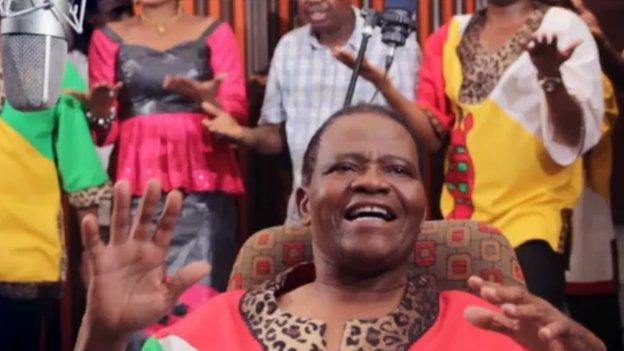
- Published17 April 2015
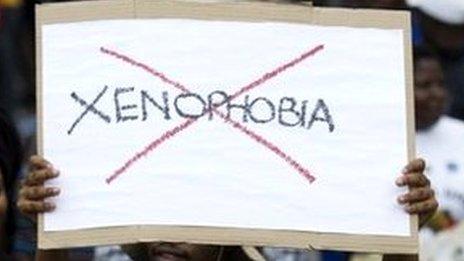
- Published14 April 2015
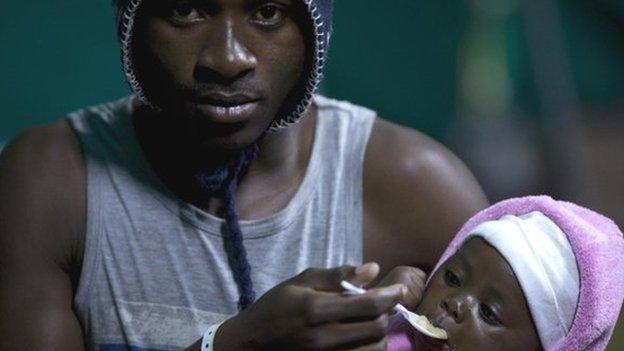
- Published1 May 2014
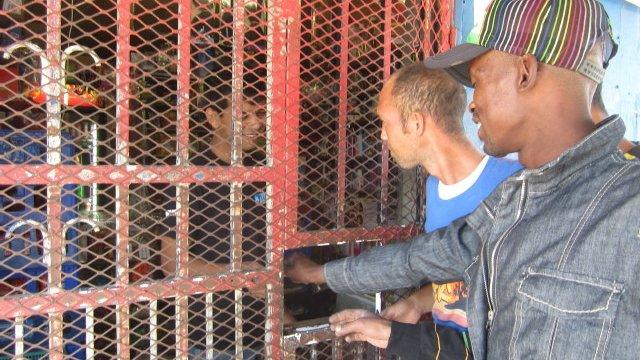
- Published10 November 2011
